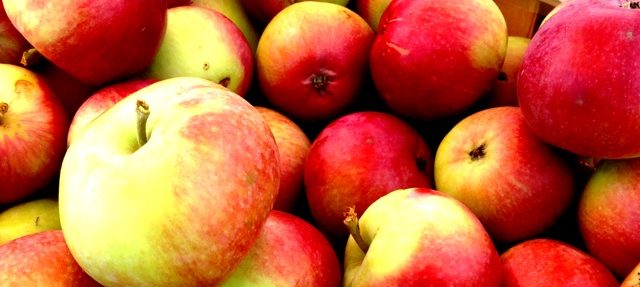My younger begins his high school sophomore year and is old enough for a learner’s permit and soon the inevitable driver’s license. My husband is driving my older son to his college sophomore year today; two nephews are back on this or that campus, and my newly married niece is starting grad school any day now. Four nieces and a couple of nephews are all in relatively new career positions. There are no children among the generation that follows mine.
Giving children over to their adult lives is one of the blessings of aging. I don’t want my sons or my siblings’ children to stay at home forever frozen in a child’s reality. They aren’t my possessions or extensions of my own life: they are uniquely themselves, with God-given gifts and work of their own. Their eyes will see things mine never will, and their kindness will bless a world that stretches beyond my living years.
Still, it’s an adjustment – a holy privilege that takes me farther down this road of faith and love. I can’t quite see what’s around the corner, but I have faith that God will surprise me when I make the turn. The same goes for the ones whose hands I held until they were ready for me to let go.
Will you by your prayers and witness help this child to grow into the full stature of Christ?
I will, with God’s help.
(Baptismal promises)


